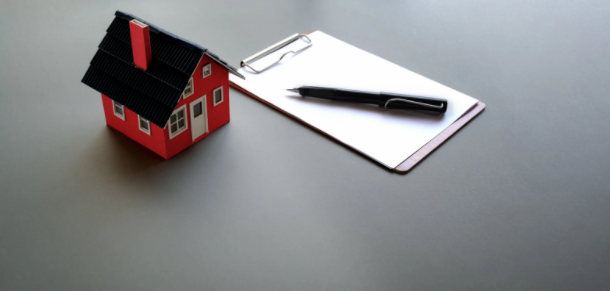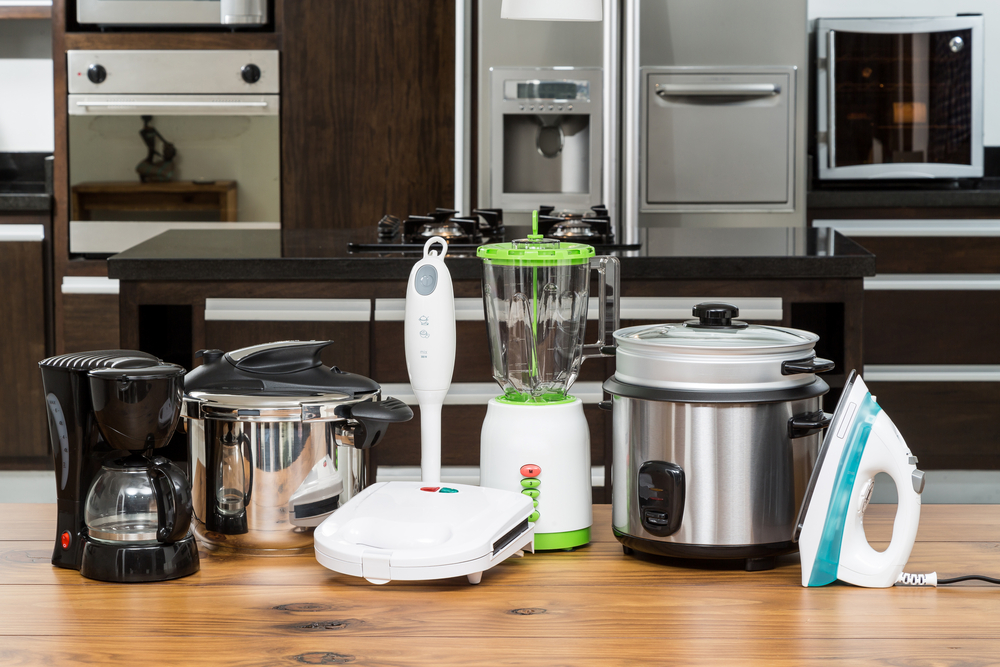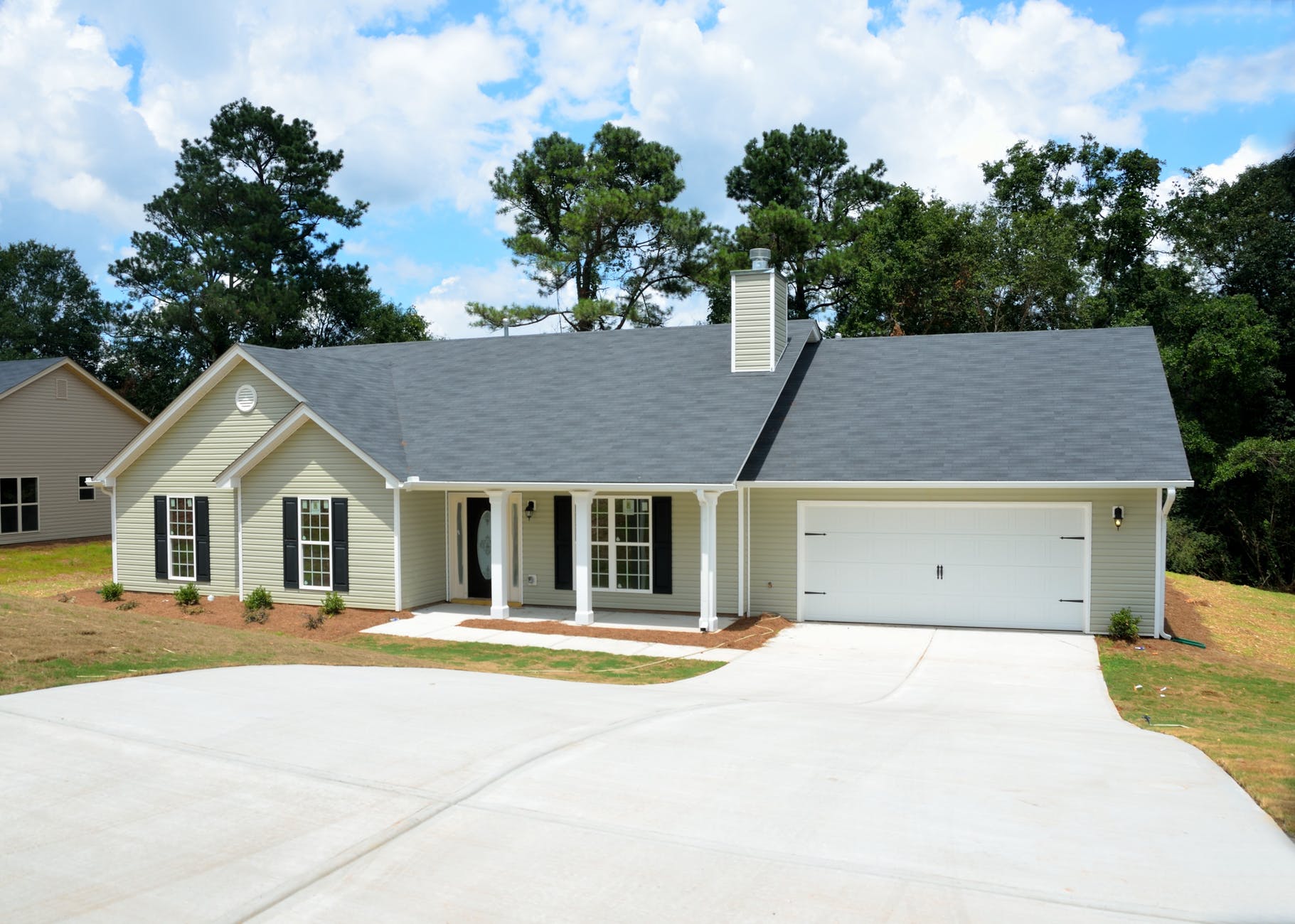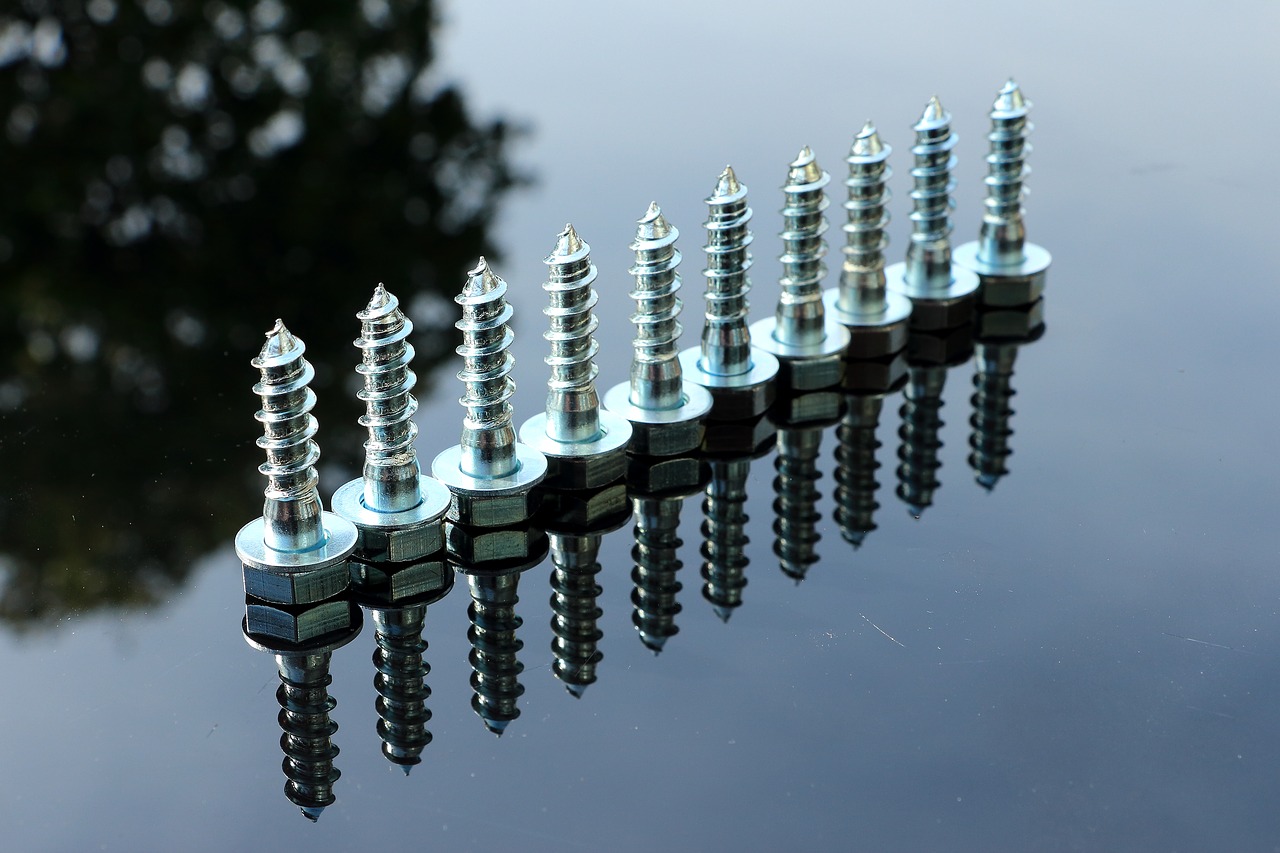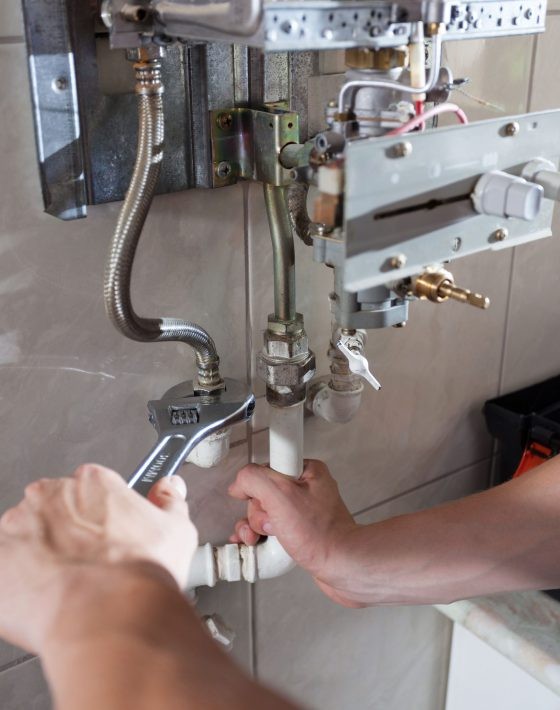The worst time to start taking action for an emergency is at that particular time. It is good to prepare your home for an emergency before one occurs. This is best for your safety and that of your loved ones. Here are a few tips for preparedness.
1. Be aware of the risks
This is easy to ignore as most people think that their area is safe from any hazards. One area may be prone to a particular disaster which may never strike at your area but that does not mean that no other disaster can affect your locale. The truth is that every area has its own risks. Knowing that, collect information about the risks involved in your area. This will help you stay prepared by putting an emergency plan in place and taking the necessary insurance covers for your home.
2. Always have an emergency kit
Obviously, putting together a kit for supplies during an emergency is close to impossible because of the panic. It has been proven through studies that only one out of four people has an emergency kit in the house or even in the car. Instead of waiting until the last minute to put together one, get one ready as early as possible and make sure that there are supplies to last everyone for at least 72 hours. Pack food and water supplies, a first aid kit, some cash and a whistle, etc. If you have a pet(s), also carry supplies for it. Don’t forget to pack powered batteries or a portable generator which you can get at generatorgrid.com.
3. Have an emergency plan in place
No one is ever prepared for when a disaster or calamity would strike, therefore, having an emergency escape plan may just save you and your loved ones. The plan should address important issues like what to do, where to meet, how to get out of where you are, and how to reach the others, etc. For instance, research has shown that only a third of all households in America have an escape plan in case of a fire. To be on the safe side, install fire and smoke alarms in your home for preparedness and be aware of what move to make when a fire starts.
4. Prepare your home
It is important to address vulnerable issues of your homestead to help reduce the risks of it getting damaged during disasters. For example installation of storm shutters come in handy when a hurricane strikes. If there is time, unplug all home appliances to prevent damages. How you store your food also matters especially during floods, so, ensure that they will remain dry by storing in waterproof containers and far high from the ground.
5. Avail an In Case of an Emergency (ICE) number on your phone
The US government has made it clear that almost a million people in the states are either not able to communicate or are unconscious when they get to ERs. Before treatment doctors need essential background information about your health. This shows how important it is to save an ‘ICE’ number in your phone or wallet. However, due to the fact that most cell phones are locked, a wallet will be convenient for saving this kind of information. It is therefore advisable to keep name and phone number details of someone close to you in case an emergency strikes.

